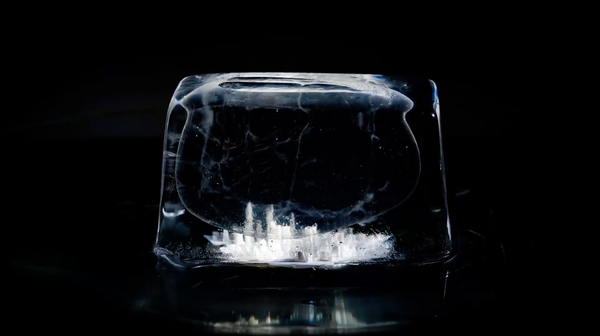本文发表于《大众科学》的前博客网络,反映了作者的观点,不一定代表《大众科学》的观点
2001年9月11日,当您第一次听到纽约市的世界贸易中心大楼被飞机撞击并倒塌的消息时,您在哪里?我们几乎所有人都清楚地记得我们在哪里、如何听到这个消息以及我们第一次看到的图像。然而,研究表明,我们对过去事件的回忆通常只有大约一半是正确的——即使我们确信自己的记忆是确定的。
纽约大学心理学和神经科学教授莉兹·菲尔普斯探讨了这种脱节现象。菲尔普斯专注于情绪如何改变学习和记忆。她在由她的纽约大学同事、情绪大脑专家约瑟夫·勒杜创作的引人入胜的视频《控制我们的恐惧》中解释了为什么我们的记忆如此容易改变。该视频是他与导演亚历克西斯·甘比斯共同制作的名为《我心中的眼睛》系列的第四部。(第一集以内德·布洛克为主角,讨论身心问题;第二个视频是关于迈克尔·加扎尼加的自由意志;第三个视频是关于诺贝尔奖得主埃里克·坎德尔关于大脑中的神经元如何学习并首先创造记忆。)勒杜和甘比斯给了《大众科学》机会在我们的网站上首先发布这些视频。
关于支持科学新闻
如果您喜欢这篇文章,请考虑通过以下方式支持我们屡获殊荣的新闻报道 订阅。通过购买订阅,您正在帮助确保有关当今塑造我们世界的发现和想法的具有影响力的故事的未来。
在视频中,菲尔普斯解释说,我们的记忆之所以会改变,是因为我们每次重温它们时,它们都会变得脆弱。当我们第一次存储记忆时,大脑需要一段时间才能牢固地存储信息——这个过程称为巩固。每次我们随后回忆起该记忆时,它都必须经历一个新的存储过程——另一个略微延迟的巩固过程。在那段时间内,新信息可能会干扰旧信息并改变记忆。菲尔普斯说,这就像玩学校里的传话游戏,一个学生给第二个学生讲一个短故事,然后那个人把它复述给第三个学生,第三个学生又把它复述给第四个学生,以此类推。到链条的末端,故事通常与它开始时的样子大相径庭。
记忆的这种变化已通过在啮齿动物中使用药物进行的实验以及在人们身上进行的练习得到了证实。菲尔普斯在视频中描述了这项工作。她还指出,如何使用再巩固来帮助人们控制涉及恐惧或焦虑的不良记忆。令人欣慰的消息是,我们可能有一天能够化解这种痛苦的记忆。
为了好玩,菲尔普斯的采访附带了勒杜和他的乐队杏仁核乐队录制的一首相关歌曲的片段,名为《我只想忘记如何记住你》。请欣赏。
此视频中的图像由Labocine提供。
